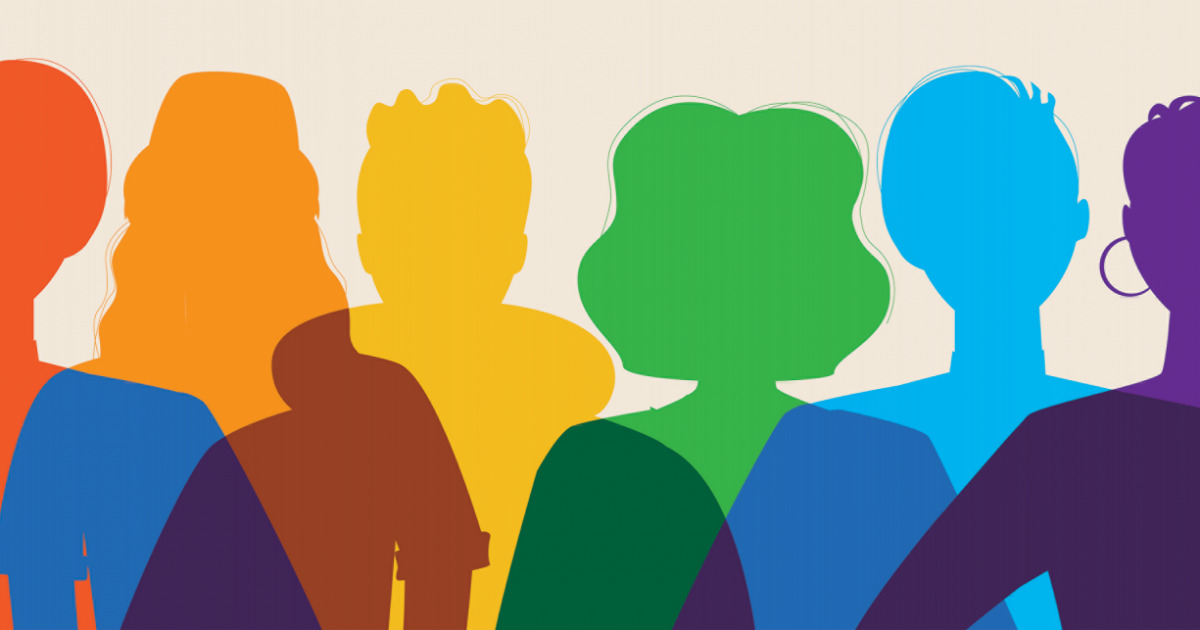Panelists Provide Resources for LGBTQ Students – Campus Current
Image Shutterstock
The Gay-Straight Alliance, a student club, hosted an online panel on resources for LGBTQ students this week.
LGBTQ students whose families reject them or who feel marginalized after coming out can tap into campus and community resources for help, panelists said at an online event Thursday.
“We know family rejection is a big deal,” said Kate Bishop, education coordinator at Chase Brexton Heath Care, which serves the LGBTQ community. She said the social workers there can help students in need find accommodation and food and “meet their basic needs.”
“The rejection of family is something that really makes people wonder if they still need to be here,” Bishop said at the event, hosted by the Gay-Straight Alliance, a student club, as part of the AACC’s Coming Out Week celebration. “If the people who taught you to be a person feel like you are fundamentally wrong, it’s hard to come back, and a lot of people do.”
According to Bishop, many queer people, especially those who are trans, feel “doomed,” under pressure and sometimes suicidal.
About 25% of LGBTQ people leave home due to conflict over their gender identity or sexual orientation, she said. Almost half of homeless youth are LGBTQ people, she added.
Other organizations offering resources for gay youth include the Baltimore peer-led support group, Hearts and Ears, The Trevor Project, which specializes in suicide prevention for those under 25 or LGBTQ, and The Pride Center of Maryland, which has a clothing closet and counselors and conducts testing for sexually transmitted infections.
Other organizations that presented at Thursday’s event include Youth Empowered Society, which helps homeless youth, Trans Maryland, which helps with name and gender changes, Planned Parenthood, which offers hormone therapy , and Freestate Justice, a legal advocacy organization.
The AACC also has resources for LGBTQ students with mental or physical health issues.
Three licensed counselors provide free, confidential sessions to registered students and can help them find off-campus therapists if they need long-term care.
Letha Valiaveedu, counselor for college counseling services, said she and her colleagues can help students improve their personal care and well-being, cope with grief and disabilities, and work on life skills. communication and relationship, self-esteem and self-awareness, and self-destructive behaviors.
They also help those who explore issues of sexual identity and gender.
GSA secretary and second-year communications student Grace Bourne said she was unaware of the “wide spectrum of what’s available to different people.”
Nick Barrett, vice president of GSA, agreed.
“No matter what a person’s experience, there is a resource for it,” said Barrett, a third-year criminal justice student. “The more we talk about resources, the more people [take action]. It will help more people in our community, and hopefully it will decrease [the suicide rate] because it is a serious problem.

